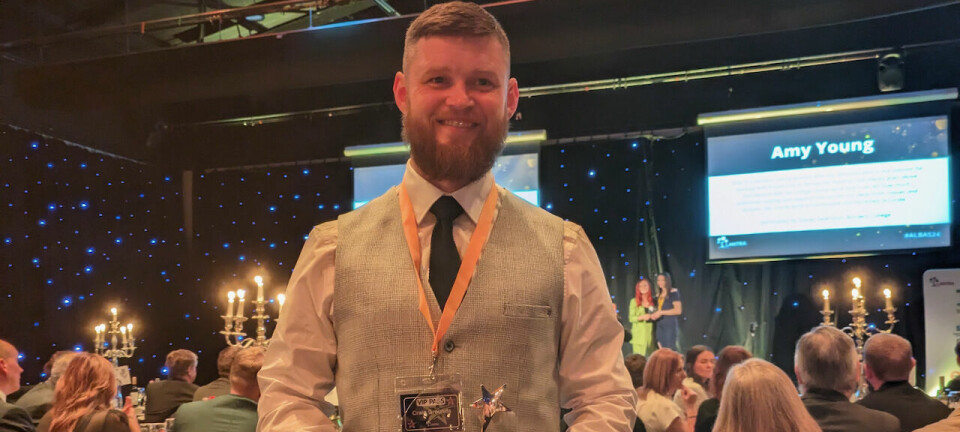
B.C. ENGO moderating stance on closed containment technology
Odd Grydeland Suggesting that a culture of extreme denial by industry and government as to the environmental effects of farming Atlantic salmon in British Columbia justified an overly strong positioning by the Environmental Non-Governmental Organizations (ENGO’s)in the early days of fish farming, the Executive Director of one of the founding organizations behind the Coastal Alliance for Aquaculture Reform (CAAR) , Jennifer Lash now wants to reduce conflict and work in a more collaborative way in order to achieve the ultimate goal of CAAR and her Living Oceans Society, of which she is the Executive Director. This goal is a healthy ocean for the benefit of coastal communities.
Some 8 years ago, Jennifer Lash faced a TV camera after two days of intense work with scientists from all over the world aimed at identifying research needs for the salmon farming industry in B.C. following accusations by ENGO’s that sea lice from salmon farms were behind a poor return of pink salmon in the Broughton Archipelago, saying that “this is only going to be “Band-aid solution- the only thing that will work is to shut down all salmon farms in the area”. Needless to say, scientists from Norway and other far-away places were left shaking their heads wondering why they had spent two days trying to find solutions, after travelling halfways around the world.
But in a recent interview with FishfarmingXpert, Ms. Lash acknowledged that she has learnt a lot from having an on-going dialogue with Marine Harvest in B.C. during the past five years or so. Perhaps this is what has led to a softening of the CAAR group’s ambitions for a future use of some form of “closed containment” fish rearing system. In 2007, the CAAR web site stated with assertion that closed containment systems eliminate;· Solid waste to the marine environment· Contamination of the area under the tanks· Escapes from the rearing facility· Marine mammal kills due to interaction with farmed fish and netsToday, the CAAR web site suggests that closed containment in B.C. should eliminate these factors. Likewise, while in 2007 closed containment systems are expected to eliminate;· Disease and parasite (e.g. sea lice)transfer between wild and farmed fish· Farm losses due to environmental factorsthe message today is that closed systems will help control these factors.
Stay tuned for a more in-depth report of the interview with Jennifer Lash and the Living Oceans Society in an upcoming issue of the FishfarmingXpert magazine.



















































